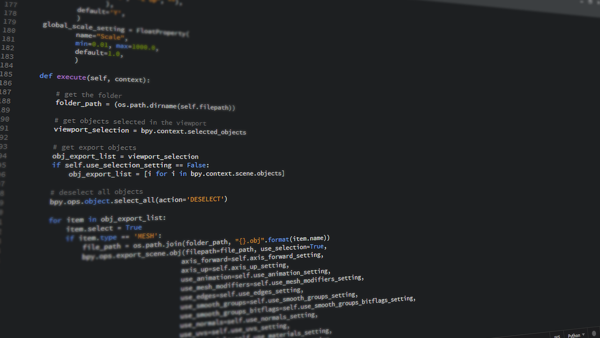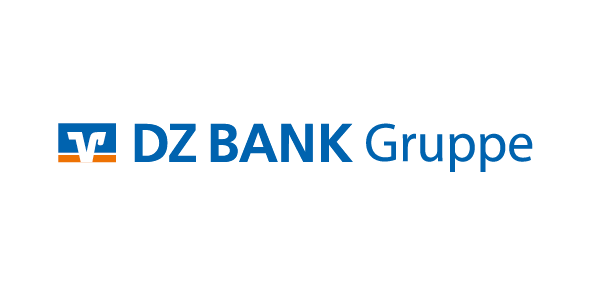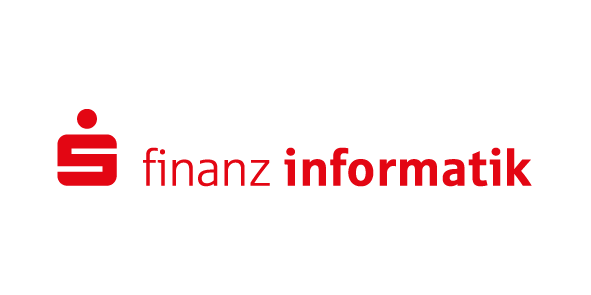
Jour Fixe - The Impact of Zero-Commission Brokers and Payment for Order Flow on Execution and Stock Market Quality
Julian Schmidt
The Impact of Zero-Commission Brokers and Payment for Order Flow on Execution and Stock Market Quality
A new generation of retail brokers has recently emerged which allows securities trading at zero cost, thereby supporting a new era of stock market participation for retail investors. These "zero-commission brokers" are based on completely new business models and generate their revenues mainly by so-called payment for order flow (PFOF) arrangements. Under these arrangements, brokers route client orders to wholesalers or alternative venues instead of main exchanges to receive payments in return. As a consequence, PFOF is debated controversially because it may lead to conflicts of interest as brokers might violate their obligation to obtain best execution for their clients' orders and potentially leads to worse market quality. We add to the prevailing research gap by analyzing whether shifts in retail trading volumes away from the main exchanges affect stock market quality, in terms of liquidity, volatility, and price efficiency. We find that prices on a German PFOF venue are, on average, worse for both buyer- and seller-initiated trades compared to the main market Xetra. Furthermore, we find indications that a higher market share of PFOF venues may negatively affect market liquidity.
More events
Sponsors




